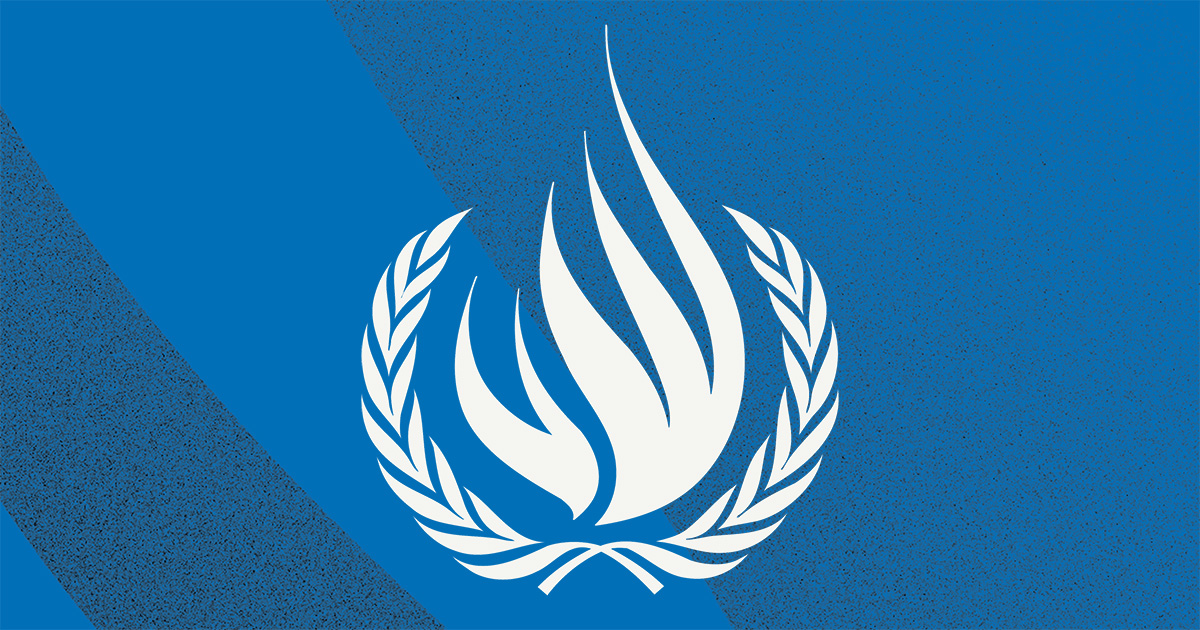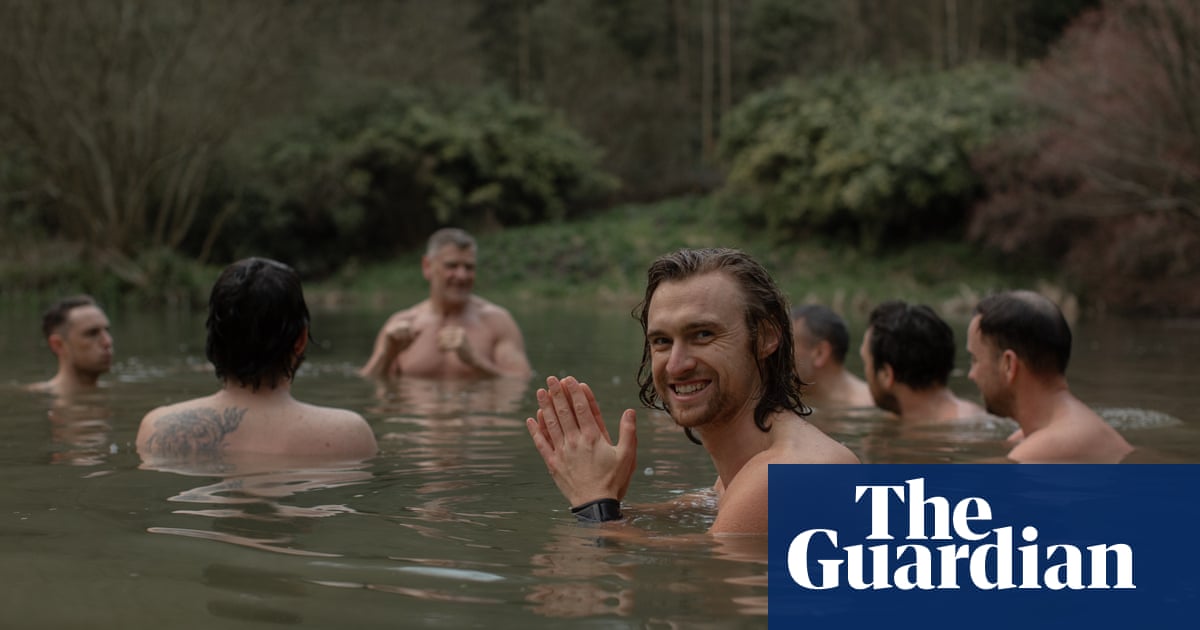
Things are not looking good for Andrew Mountbatten-Windsor, the Queen’s second son formerly known as His Royal Highness. Last week, a judge in New York rejected his attempt to get the sexual abuse lawsuit Virginia Giuffre has filed against him thrown out. Giuffre is suing him for damages, claiming that she was forced to have sex with him three times in 2001 by the late convicted sex offender Jeffrey Epstein, and his sex trafficker accomplice, Ghislaine Maxwell, allegations that Andrew denies. The royal family responded by announcing that he has been stripped of his military honours, royal patronages and the use of his HRH title.
Any praise for the monarchy for depriving him of his titles is misplaced. The royal family left it until the last possible moment to act. Andrew has brought them into far graver disrepute than Prince Harry, who lost his titles for what, by comparison, is the laughably inconsequential transgression of walking away. The raging debate about the consequences for the monarchy is a distraction from the sexual abuse allegations at stake and accountability for the men complicit in the crimes of Epstein and Maxwell. It should not take a man of Andrew’s obviously questionable character to expose the absurdities of a constitutional hereditary monarchy in a modern democracy.
Strip away the yachts, the private jets and the glamorous locations from Epstein and Maxwell’s crimes and what is left is a depressingly familiar story of sex trafficking: vulnerable women and girls, some as young as 14, abused by men who feel entitled to their bodies and so do not bother to ask themselves why these girls are at their disposal.
There is little to separate these nameless but powerful men and the men who visit seedy brothels housing girls who have been trafficked and exploited, or who get off on online violent porn in which women are hurt and abused. All may lighten their consciences by telling themselves it is all consenting, but who are they kidding?
Andrew has been implicated in the crimes of his friends since Giuffre alleged several years ago that he sexually assaulted her three times when she was 17, in London, in New York and at an “orgy” on Epstein’s private Caribbean island. The judge’s decision last week means that he may well find himself being deposed to give evidence to a New York court.
Everyone is owed due process, Andrew included, but he must face some extremely inconvenient truths. After hosting Epstein and Maxwell at Windsor Castle and Sandringham, he invited them to his daughter’s 18th birthday party even after Florida police had issued an arrest warrant for him. He chose to stay with Epstein in New York in 2010 after the latter had already been imprisoned for sex offences with children, in a residence where Epstein kept a “massage room” where he abused and photographed girls. Andrew had previously stayed in Epstein’s Florida house, where the financier had on display a photo of himself with a semi-naked prepubescent girl in a sexualised pose; one witness claims it was “full” of nude pictures of women and girls and that there were naked girls by the pool when Andrew was visiting.
Despite Andrew saying he cannot remember meeting Giuffre, there is a photo of them together in Maxwell’s London house, where she says he assaulted her, with his hand around her bare midriff. Witnesses have put them together on more than one occasion; one says he saw Andrew kissing a topless Giuffre by the pool. Andrew has not yet been able to produce any evidence that he took his daughter to a party at Pizza Express in Woking on the day Giuffre says he assaulted her in London or of the medical condition that he says casts doubt on her account that he sweated profusely while with her in a nightclub. US prosecutors say that he has refused requests to assist their investigations into Epstein and Maxwell.
Faced with allegations like these, men like Andrew have various strategies. One is to cooperate with the authorities, to tell the truth and refrain from throwing mud at a woman who, before she turned 18, was the victim of sex trafficking and sexual abuse by two of your acquaintances. Another is to do anything to undermine your alleged victim. The guilty cannot do the first and so often resort to the latter playbook, drawn on by powerful men such as Harvey Weinstein who feel entitled to use women decades their junior for their own sexual gratification.
Andrew’s former spin doctor tried to suggest that the photo with Giuffre was doctored. His lawyers have deployed every tactic possible in submissions on his behalf: accusing Giuffre of being a gold digger seeking a “payday at his expense”; arguing that despite being a child when she was trafficked, she is more offender than victim; accusing her of making unintelligible and vague revelations; arguing that the New York law under which she is bringing the lawsuit is unconstitutional; claiming Andrew was protected by a clause in Epstein’s 2009 financial settlement with Giuffre. Some of these arguments have already been tossed out by the judge.
And there is always the implicit warning from men like Andrew or, in a different abuse-of-power context, Bill Clinton: undermine me and you undermine the institution, handing victory to republicans of one sort or another. The intended result is to jack up the price that women such as Giuffre must pay for seeking accountability to unbearable. It is no coincidence that the only living person to be serving time in prison for her terrible crimes is Epstein’s female accomplice, Maxwell: what of the men who helped themselves to the vulnerable women and girls they trafficked?
Those men wield a great power – the threat of ruined reputations, of hounding by tabloid – in service of their own protection. We may never know which of the rich old men who fraternised with Epstein, flew in his jet and enjoyed his hospitality were complicit in his crimes. But all hail Virginia Giuffre for her bravery and tenacity in the pursuit of justice.
Sonia Sodha is an Observer columnist












